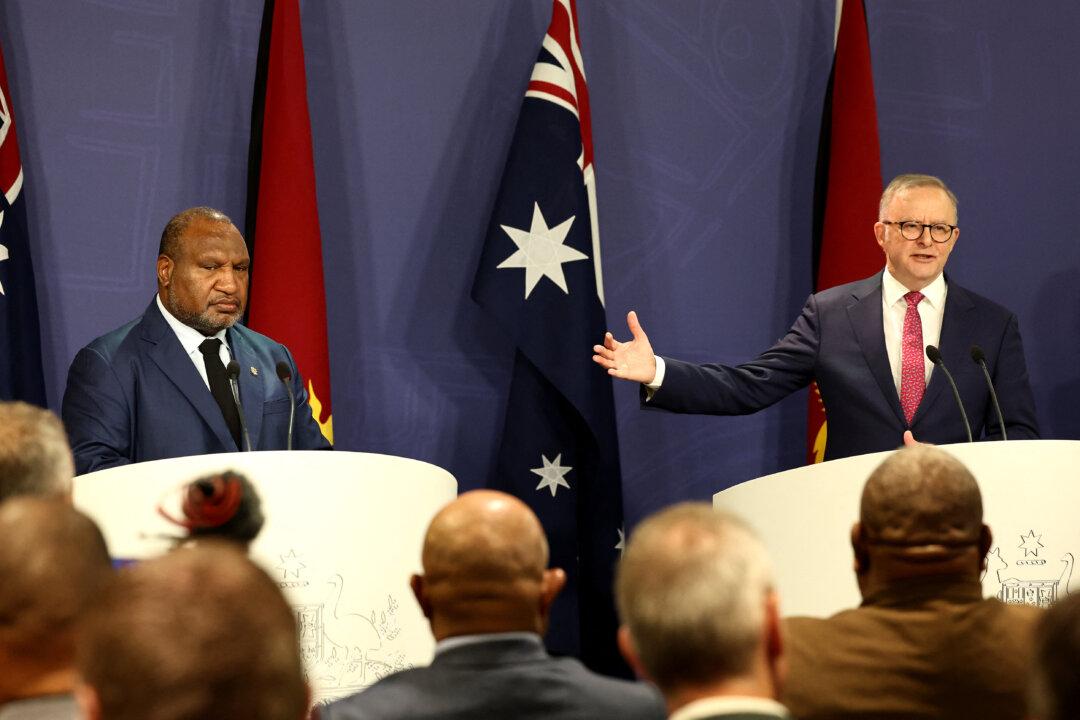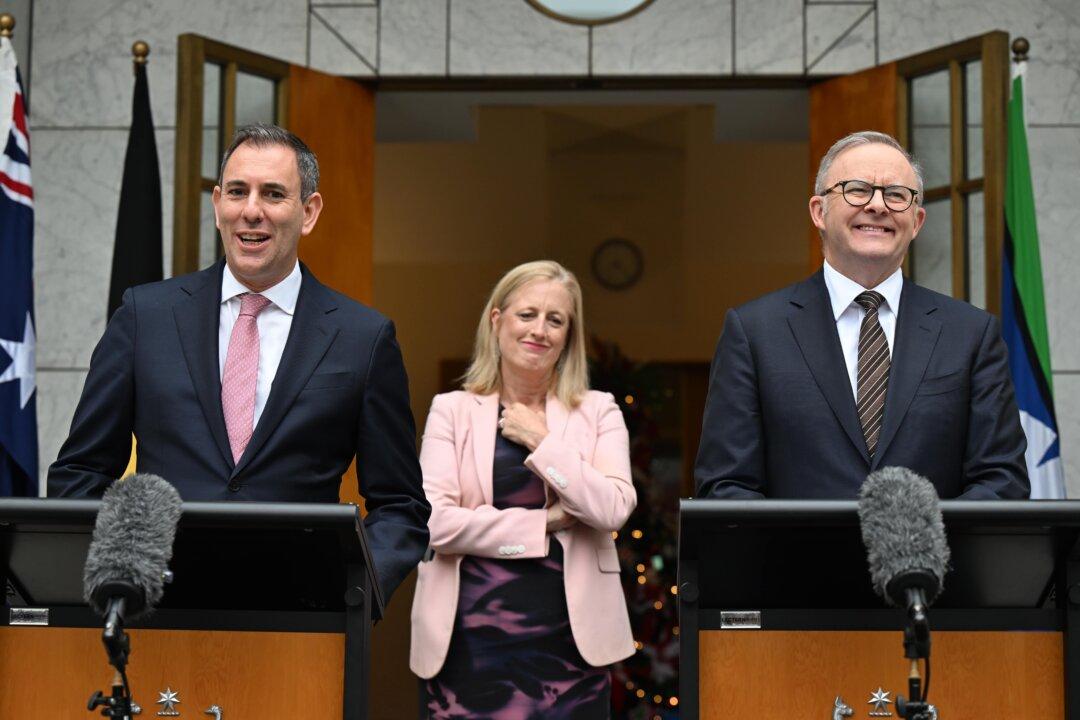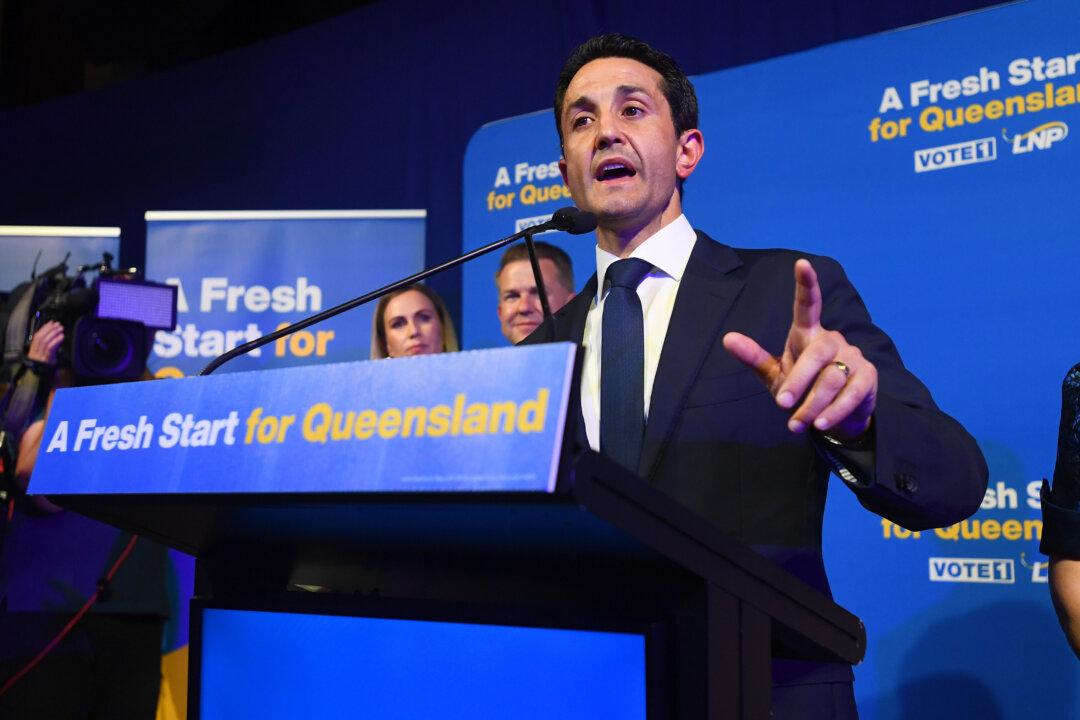Silicon Valley is hoping a Biden administration will push back an impending wave of global regulation aimed at curbing the power of the tech giants, with Australia likely to be in the crosshairs, according to one expert.
“The U.S. government tends to support major American corporations abroad no matter who is in power, but the influence of Big Tech can only rise during a Biden presidency,” he said.
“So far, Australia is not particularly on their radar screen, as the U.S. focuses on big markets like the European Union and India. But although Australia may be farther down the to-do list, it should not expect to be ignored,” he added.

The Epoch Times reached out to the White House for comment to these issues but did not receive a response in time for publication.
Babones went on to add that the Australian government’s increasing moves to rein in the market power of Google and Facebook locally will be the “most serious potential diplomatic flashpoint of 2021” between the allies.
“The very people who helped put them (the Biden administration) in office, will be calling in favours, and among those favours will be to put pressure on Australia to end its war on Big Tech,” he told The Epoch Times.

Dr. Rob Nicholls, associate professor at the University of New South Wales and an expert in competition law, believes the influx of former Silicon Valley executives into the administration is a factional play to balance out the far left influence.
“Both Elizabeth Warren (D-Mass.) and Bernie Sanders (I-Vt.) have called for the breakup of the Big Tech companies. The appointments (of tech executives) reflect a defensive posture in respect of the left of the Democratic Party,” Nicholls told The Epoch Times.
“It seems likely the Biden administration will follow the ‘consumer focus’ of California in respect of privacy and consumer rights. The number of tech appointments is likely to temper that shift,” he said.
But he noted that this was a domestic, rather than international relations issue.
Currently, the Australian government is concluding an 18-month process into the News Media Bargaining Code rollout, which will regulate how Facebook and Google pay media companies for displaying their content.

For years, the tech giants have generated large amounts of web traffic and engagement from displaying news content at no cost. In turn, they monetised the traffic by selling advertising.
In 2019, Google generated AU$4.3 billion of its total $4.8 billion Australian revenue from selling advertising services.
However, Google and Facebook have remained defiant in the face of the new laws with Google running a months-long public campaign criticising the Media Code.
Treasurer Josh Frydenberg on Sunday said Google and Facebook were erratic in their objections to the bill.
“It seems the digital giants keep changing the goalposts. Originally, they were against what we were putting forward on algorithms, then they were against what we were putting forward on a final arbitration model. Now, it seems they are against paying for any clicks on search,” he told reporters.
“We are now in a position to implement a world-leading code, a code that is fair, a code that takes into account mutual value exchange, that is of benefit to the digital giants as well as the benefit to the traditional media businesses,” he said.





